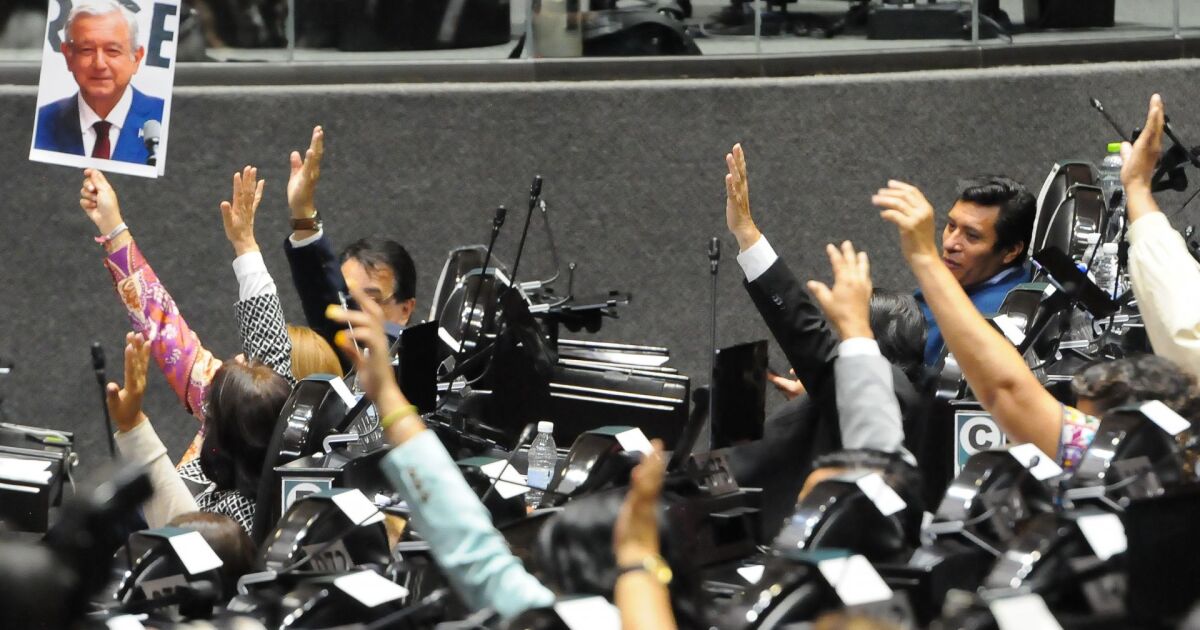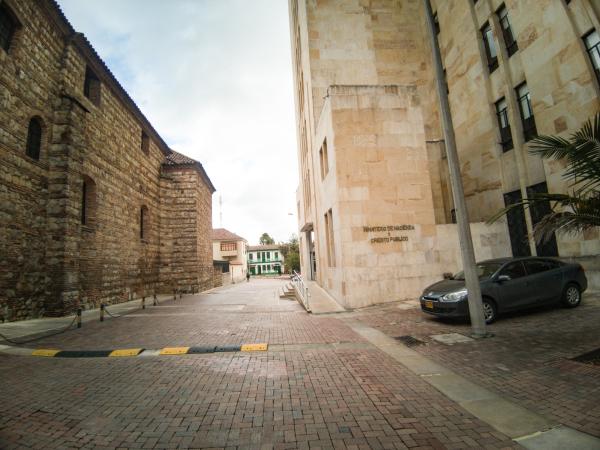Morena’s bench could grow
At the session, councillors Carla Humphrey and Dania Ravel expressed their surprise at having been summoned to an extraordinary session with only 24 hours to analyse the documents. They also asked for more in-depth responses to the organisations and parties that had asked them to reflect on their position and allow for plurality.
Particularly in the discussion on the assignment of the pluris deputies, the counselor Carla Humphrey highlighted the observations of the Party of the Democratic Revolution (PRD), which also, through the voice of its representative, Julio César Cisneros, demanded that the effective affiliation of the deputies elected by the plurinominal route be reviewed, a route by which there are still “cachirules” of Morena in the lists of PT and PVEM.
According to the PRD member, only in the first place on the PT’s multi-party list for the first constituency appears the Morena member Greycy Marian Durán Alarcón – who until March still appears as a member of that party – which would increase, for now only, the number of Morena deputies to 237.
If so, Morena would have more of the 236 legislators won and assigned, than those that are known.
However, the review of the membership of these pluris, as was done with the majority legislators, was not approved by the councilors.
Humprey was also the voice of questioning MC, which alleged that each party in the ruling coalition needed fewer votes to obtain a seat, which shows the alleged transfer of seats from Morena to its allies.
“The PVEM obtained 8.9% of the vote and would have 75 deputies on both principles, so the average cost of votes needed to access a seat was 66,586 votes. The PT had 5.8% of the vote and will also have 50 seats on both principles and an average cost per seat of 65,094 votes.”
“On the other hand, MC had 11.66% of the vote and will have an average cost per seat of 270,725 votes for both principles,” he said.
The commission, by unanimous vote, rejected the arguments.
















